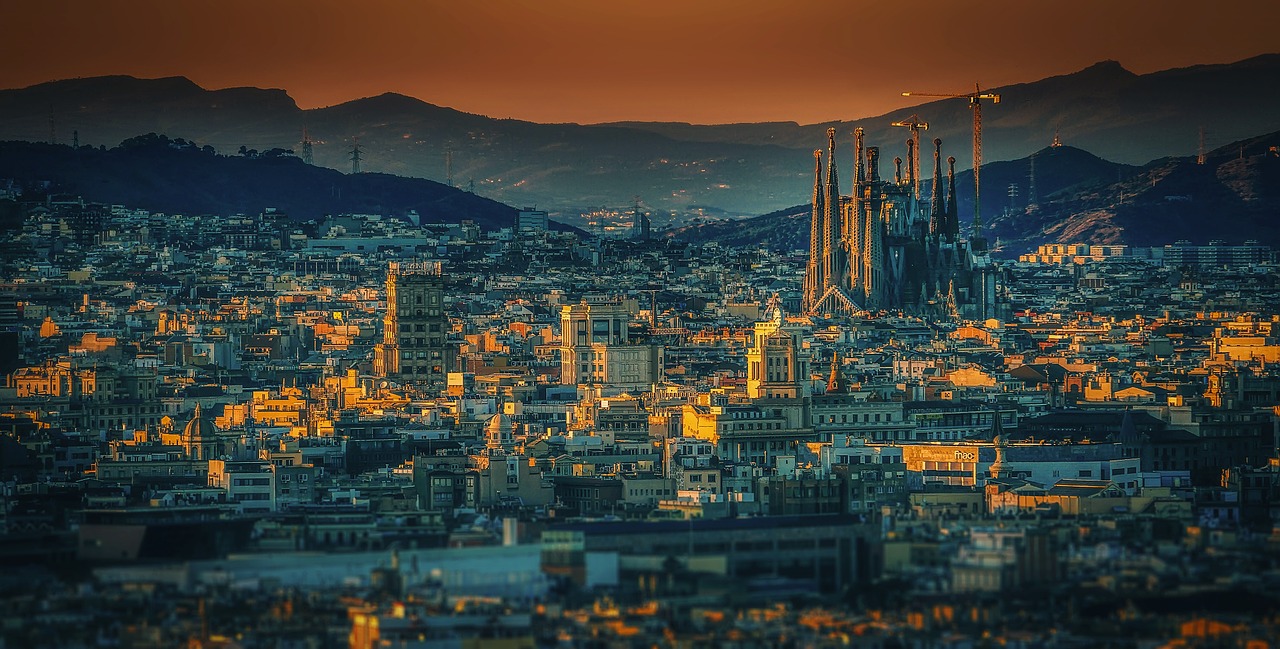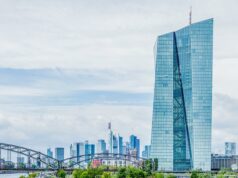
The Socialist PSOE of Spanish Prime Minister Sánchez won the election after counting almost all votes by a clear margin. But she missed the absolute majority. For the first time in parliament is the far-right Vox.
In the parliamentary elections in Spain, the Socialists of Prime Minister Pedro Sánchez won the victory, but missed the absolute majority clearly. The PSOE came after counting of nearly 90 percent of the vote to about 29 percent. The Left Party Podemos, a potential coalition partner of the PSOE, comes to 14 percent.
With these numbers, PSOE and Podemos together would miss the absolute majority of 176 seats.
The right-wing camp of the conservative PP, the liberal Ciudadanos and the ultra-right Vox, which was first represented in the House of Representatives, is unlikely to win a majority. The PP came in second with about 17 percent. Liberals receive around 16 percent.
Right Vox moves into Parliament
Vox came to about 10 percent according to the partial results. For the first time in decades, a right-wing party will join the Madrid Parliament for the first time in 2013 with the party founded in 2013. Vox fights against illegal immigration and has demanded a similar bulwark for the Spanish cities of Ceuta and Melilla, which are located in northern Africa, in the style of the border wall to Mexico demanded by US President Donald Trump. According to Vox boss Santiago Abascal, the costs are to be borne by the neighboring country of Morocco.
Majorities by parties from Basque Country or Catalonia?
This threatens Spain a complicated stalemate, as it was in 2016. At that time, the Eurozone’s fourth-largest economy was without a government for almost a year, despite two rounds of voting within six months.
The tip of the scale may be nationalist parties from the Basque country or Catalonia, which could help the left-wing camp with their mandates to a majority. But the dispute over the independence efforts of the Catalonia region had ultimately meant that Sánchez as head of a minority government could not bring his budget through and had to start new elections.
Very high turnout
By early evening, one of the highest turnouts in the history of Spanish democracy emerged. By 18.00 clock had 60.72 percent of the voters participated, said the electoral authority in Madrid. This is about 9.5 points more than in the same period in the last parliamentary election in 2016.
It was already the third parliamentary election in just three and a half years. Nearly 37 million citizens were eligible to vote. The choice went smoothly. Politicians from various parties, including opposition leader Pablo Casado (PP), spoke of the „most important choice one can remember“.
92,000 policemen ensured security. Elected were the 350 members of the House of Representatives, who then elect a government and 208 senators.



